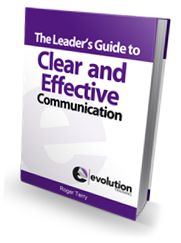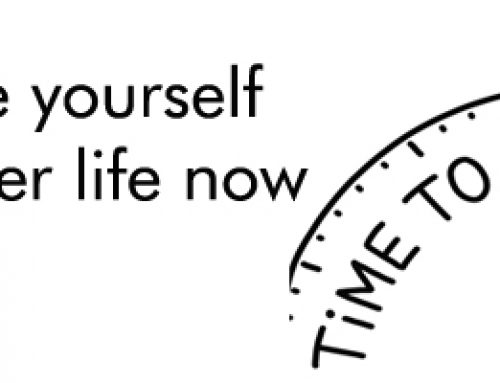LifeStream 5 Relational
How many relationships have you created?
Relationships are central to the human experience. Over the course of a lifetime, you’ll develop relationships with more people than you realise—your family and friends, casual acquaintances, co-workers and supervisors, business customers, your children’s friends and teachers, even strangers you interact with on the street, in shops, at events, and more. Each of your relationships, from the peripheral to the intimate, presents its own set of challenges and possibilities. Even though you are not aware of it opportunities present themselves every time you meet someone new or interact with someone you already know.
Neuro-linguistic programming (NLP) allows you to build co-empowering relationships and enjoy more meaningful interactions at every level. Central to every relationship is the concept of creating rapport or establishing a connection with the other person. Rapport is a deeply embedded mammalian pattern and it’s largely controlled by our subconscious once we’ve grasped the basics of communication in childhood. Notice the next time you hold a conversation with someone — do you really think about what you’re saying and how you’re saying it or does the conversation simply happen?
Understand how you create rapport
NLP helps you understand how you’re creating rapport — not merely on a physical level, but also through your use of language, mannerisms, non-verbal cues, and core beliefs that govern your communication. The ability to engage consciously rapport building will allow you to make deeper connections with the people in your life and enrich your relationships across the spectrum.
One of the keys to effective communication and rapport is paying attention to the other person’s values, motivations, and beliefs. NLP techniques show you how to deepen your understanding of the people you communicate with. By knowing what simple questions to ask in a conversation, you’ll be able to uncover the hidden drives of others, and motivate them along with yourself.
Of course, self-communication is also an essential skill that’s central to relationships. NLP helps you understand the most important aspects of any relationship, along with how to find them and change these aspects for improved rapport.
Break the cycle of dependency
For those with poor self-communication and negative self-talk, NLP can help you break the cycle of dependency. Many people are stuck in certain life roles—they are the victim, the rescuer, or maybe even the persecutor. The techniques you’ll learn with NLP allow you to affect true change and free yourself to enjoy lasting relationships that are build on trust and cooperation, instead of fear, coercion, or dependency.
Create the relationships you want in your life
The more you study and put into practice the tools and techniques that come from the NLP body of knowledge the more expert you will become in the art of managing and making the most out of your relationships. NLP enhances whatever you do, it changes the way you see yourself and the world, brings more joy, happiness, and friends to your life.
Click the image to receive your copy of The Leaders Guide to Clear and Effective Communication
Roger Terry
Latest posts by Roger Terry (see all)
- Communication Skills for the Classroom - March 18, 2022
- Stop being your own worst enemy! - November 28, 2018
- Upgrade yourself for greater self understanding - November 3, 2018
- Upgrade yourself for a better life – download - October 26, 2018





